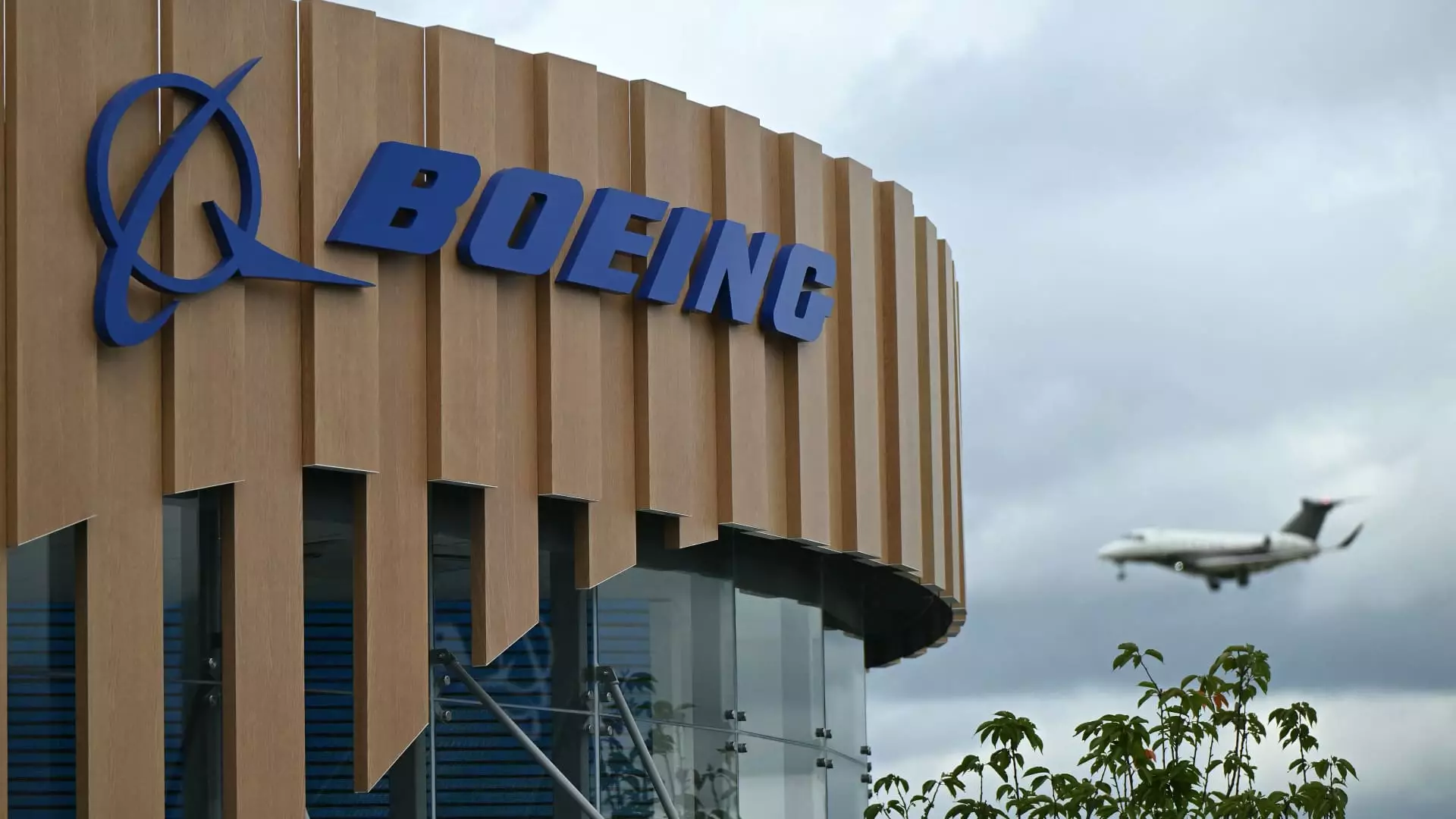In the second quarter, Boeing reported a significant loss that was much larger than what analysts had predicted. The loss per share was $2.90, adjusted, compared to the estimated $1.97 per share. Additionally, revenue came in at $16.87 billion, falling short of the expected $17.23 billion. This disappointing performance highlights the ongoing challenges faced by both Boeing’s commercial airplane and defense programs.
Despite the poor financial results, CEO Dave Calhoun expressed optimism about the future of the company. In an earnings release, he mentioned that Boeing is making progress in strengthening its quality management system to better position itself in the market. However, the substantial net loss of $1.44 billion for the period, compared to $149 million in the previous year, indicates a significant setback for the company.
Boeing’s struggles in the second quarter can be attributed to various factors, including the door plug blowout incident involving a 737 Max aircraft at the beginning of the year. This incident sparked renewed scrutiny from regulators and resulted in delays in the delivery of new airplanes to customers. The company, along with its rival Airbus, has also been grappling with challenges related to an influx of new workers and disruptions in the supply chain due to the pandemic.
The lower production and delivery rates have affected Boeing’s financial targets, with CFO Brian West warning of a potential $4 billion loss in the second quarter. The company has been unable to meet its production targets for the 737 Max planes, producing only in the mid-20s per month instead of the expected 38 a month. This shortfall has raised concerns about Boeing’s ability to meet customer demands and maintain its competitive edge in the market.
In response to these challenges, Stephanie Pope, CEO of Boeing’s commercial airplane unit, emphasized the need for lasting changes in training and quality control processes. She acknowledged that the company has failed to meet customer expectations and needs, highlighting the importance of a long-term transformation plan. Pope stated that some of these actions might take years to fully implement but are necessary for Boeing to regain its position as a reliable partner to its customers.
Boeing’s defense unit, responsible for building Air Force One aircraft, has also faced cost overruns and delays, further adding to the company’s woes. The outlook for Boeing remains uncertain as it navigates through these challenges and works towards rebuilding its reputation and financial strength. It is clear that Boeing has a long road ahead in overcoming its current struggles and regaining the trust of its customers and investors.

